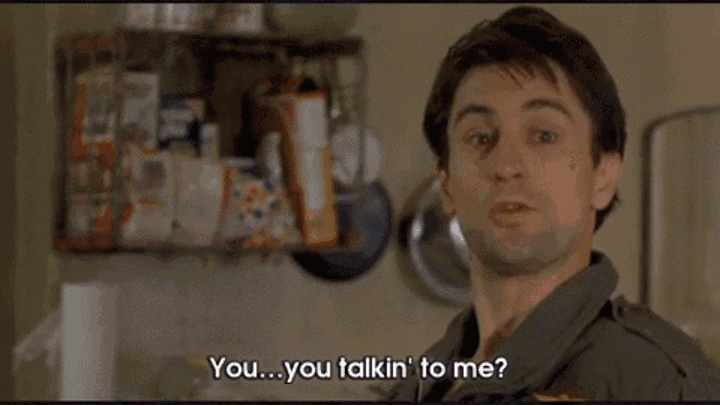Are ‘people like you’ the problem?
It can be easy to push the blame of social change onto the ‘others’ creating the problem, but perhaps the first stage in shifting the cultural narrative in a more positive direction, is to take a looong hard look in the mirror and ask yourself …
“Are people like me actually the problem?”
Values within a society evolve slowly. There are opposing forces, ensuring that even when rules intervene to evolve social norms, true change is slow. Even when we are constantly told the difference between right and wrong we more so deflect or ignore responsibility.
A few years ago when I placed my order at a food court counter, the nearby customer loudly stated …
“People like you are the problem!”
I’d inadvertently pushed in, and clearly the other customer was over ‘people like me.’ As I returned to my table bewildered, the silver lining was self-awareness of being part of the problem, taking a long hard look in the non-literal mirror.
People generally do not set out to be the problem. History is full of bad people, with a warped sense of doing good. It is easy to deflect responsibility to those ‘other people,’ rather than taking responsibility. Entrenched norms and cognitive bias help us to deflect the blame.
The values of our time come from social proof, the psychological tendency for people to seek conformity to ensure they behave in a socially acceptable manner. It makes people feel confident, a sense of belonging and sharing commonality.

Over time attitudes start to slowly change, often from an intervention, or a change in rules and standards. Humans are innately lazy, and slow to change. We don’t like admitting we are wrong. Rules, especially more formal laws, evolve with society to protect the rights and safety of the population – ethics, privacy, safety and otherwise. Sadly, society leaders and followers have been proven historically that they are unable to be trusted to self-regulate to ensure they operate to ethical values.
Since back in Ancient Egyptian times, as far back as 3000BC, the rules of law have guided our social equality and impartiality. King Hammurabi further developed Babylonian law around 1760 BC by codifying and inscribing it in stone and placing copies of Hammurabi’s law code throughout the kingdom of Babylon, providing a primitive constitution for the people and government. Rules are there to protect us.
Normative values set how one should act, which may or may not align to what people actually believe and how they behave. Yet, we can’t be trusted without.
Even with rules, bias remains, be these related to gender or cultural equity or other ethical or moral factors. Even with society’s increasing education on what is socially normal or acceptable – right versus wrong – factors such as implicit bias skew perceptions, even when it would seem social proof should be evolving values.
An interesting related initiative is Project Implicit …
“The product of a team of scientists whose research produced new ways of understanding attitudes, stereotypes, and other hidden biases that influence perception, judgment, and action. Our researchers and collaborators translate that academic research into practical applications for addressing diversity, improving decision-making, and increasing the likelihood that practices are aligned with personal and organizational values” More >
The US site provides 15 implicit bias tests (guns, disability, gender and race, ect).
Implicit bias is likely non-conscious or even denied. It is easy to deflect blame on those ‘other people’ and seek information confirming our skewed views, rather than counter evidence to prove a more contemporary perspective.
“Confirmation bias is the tendency to search for, interpret, favour, and recall information in a way that confirms or supports one’s prior beliefs or values”
Groups of friends, and family with similar warped views, have those views normalised with social proof shared from one to other, reconfirming each other’s confirmation bias, often with bogus evidence and advice. A group of racist or sexist friends fuel their own bias.
Social pressures can be so strong that people are swept up in the current, and act and think in a way they may even know is irrational, but view as the most acceptable and least risky or embarrassing way to think and behave. People can also be moved in a way that information affirms their confirmation bias, and pushes them away from what evidence clearly defines.
Research illustrates that even with young men embracing gender equity, traditional gender roles in the home often still remain. Domestic / intimate partner violence remains strong, with perpetrators generally men. Significant gender pay gaps still exist. Diverse cultural groups continue to be faced with the ‘bamboo ceiling’ preventing true diversity at a senior level. Even knowing right versus wrong, progress continues to be slow from factors such as implicit and confirmation bias.

A comprehensive review of the drivers of Intimate Partner Violence (IPV) in 2020 identified the key structural factor as gender inequality and the normalising and acceptability of violence in relationships. No matter how much things change, our biases remain.
Admitting we may be part of the problem is the first step in truly overcoming it.






